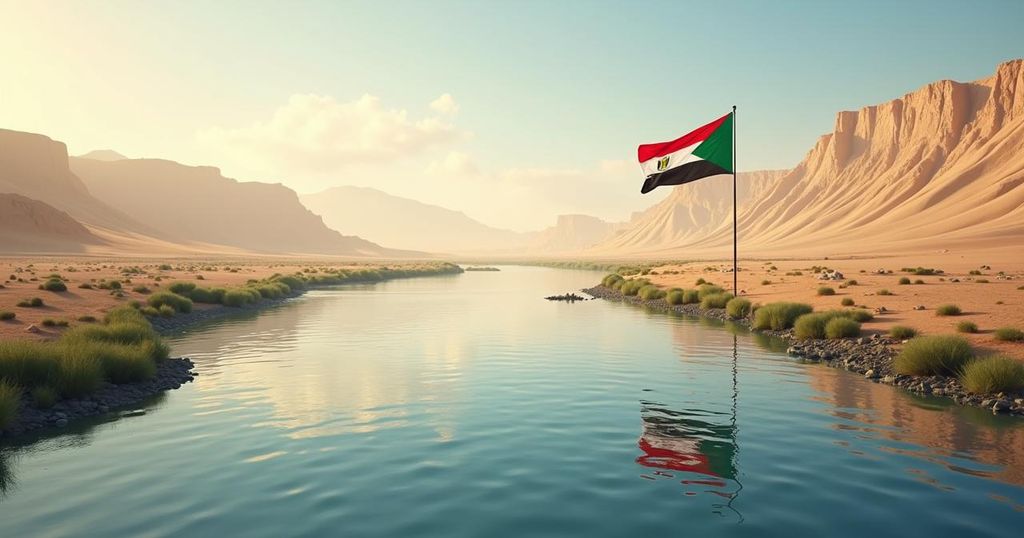Egypt and Sudan have rejected the recently ratified Nile River Basin Cooperative Framework (CFA), which has come into effect after endorsements from six upstream countries. They argue that the CFA disregards existing agreements from 1929 and 1959 and expressed concerns that the new commission does not represent the entire Nile Basin. Both parties advocate for a collaborative and inclusive approach to managing the river’s resources.
Egypt and Sudan have officially rejected the newly ratified Nile River Basin Cooperative Framework (CFA), which came into effect on 13 October, following the endorsement by six upstream nations. In a statement issued following a meeting of the Egyptian-Sudanese Permanent Joint Technical Commission for the Nile Waters (PJTC) in Cairo, the two nations urged all states within the Nile Basin to maintain the integrity of the 1999 Nile Basin Initiative and to avoid unilateral measures that could deepen sectarian divides among the riparian nations. The PJTC reiterated that the recently formed six-state commission, based on an incomplete draft of the CFA, cannot properly represent the entirety of the Nile Basin. Egypt and Sudan assert that the CFA undermines the agreements established in 1929 and 1959 regarding Nile water usage.
The Nile River is governed by two primary treaties from 1929 and 1959 that grant Egypt and Sudan significant rights to its waters, particularly favoring Egypt with a 75% allocation. This historical allocation has led to tensions as upstream countries seek equal rights to the river’s resources. The CFA intended to reformulate the management of the Nile’s resources, promoting collaborative water management among all basin countries. However, the absence of agreement from Egypt and Sudan, historically dominant in Nile affairs, reflects ongoing disputes over water rights and priorities.
The rejection of the Nile River Basin CFA by Egypt and Sudan highlights the complexity of hydropolitical relationships in the region, particularly concerning historical rights established in earlier treaties. The situation underscores the need for inclusive dialogue among all nine Nile Basin countries to ensure equitable management and sustainable cooperation regarding the river’s essential water resources.
Original Source: www.agenzianova.com






